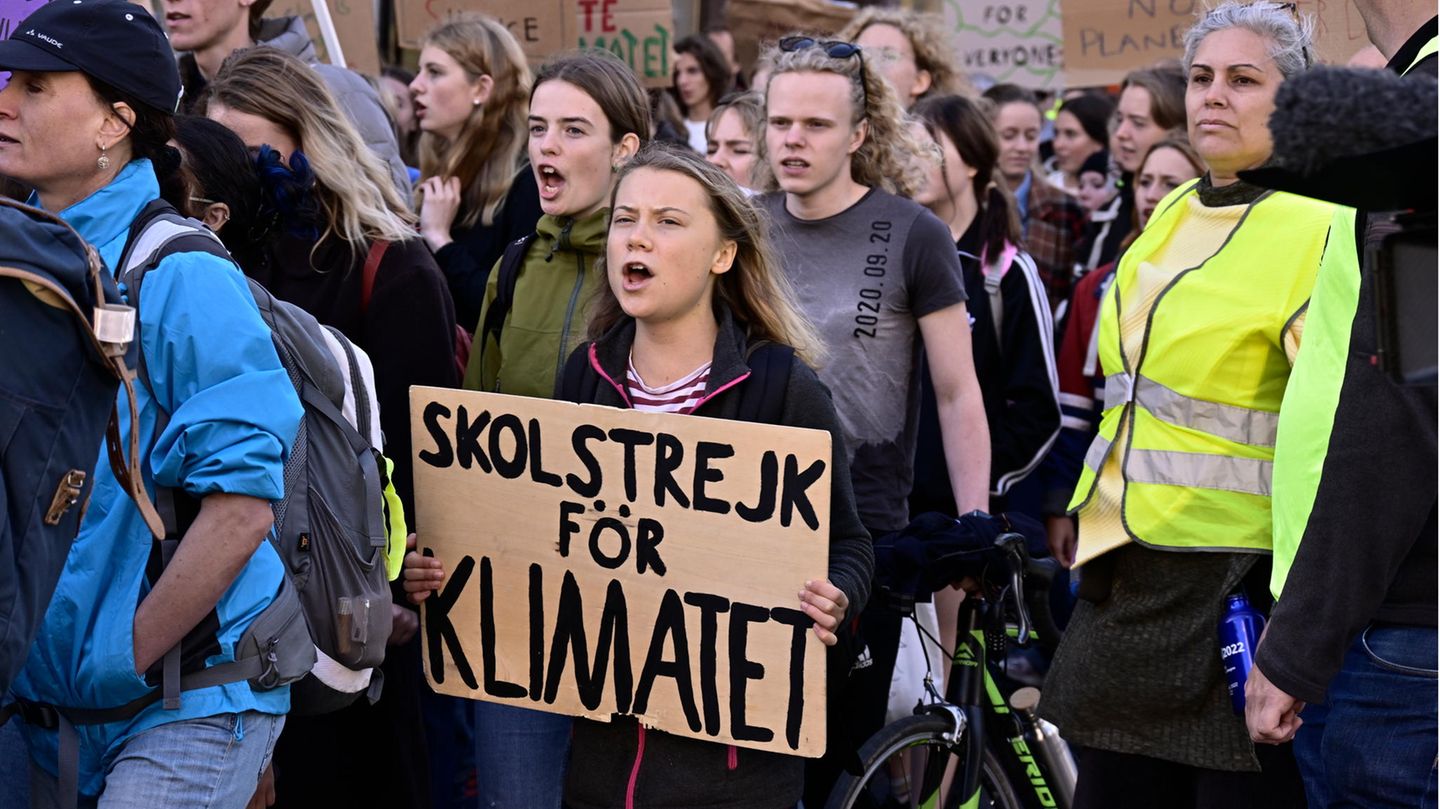One of the most prominent climate lawsuits was heard in court in Germany: activists from Fridays for Future and various environmental organizations sued the federal government in 2019 because the climate protection law was not sufficient for them. The court decided in favor of the activists, the law had to be amended in 2021. But little has changed. Two years later, BUND activists complained again because the traffic light coalition was not complying with the statutory standards for CO2 emissions.
In other countries, too, people are dissatisfied with the climate policies of their governments. According to the Grantham Institute of the London School of Economics, more than 2,000 climate lawsuits have been filed worldwide, a quarter of them between 2020 and 2022.
There could soon be several exciting developments: The island state of Vanuatu in the South Pacific wants to involve the International Criminal Court for more climate protection. Climate lawsuits have also been filed in the USA, Brazil and Sweden. And in Germany, several lawsuits against car manufacturers have recently failed. The result at the Higher Regional Court in Hamm is currently being eagerly awaited. The judges are dealing with the lawsuit filed by a Peruvian mountain farmer against the energy company RWE.
Is climate protection a human right?
It will also be exciting before the European Court of Human Rights (ECtHR). There, the lawyers have to decide for the first time whether climate protection is a human right. Activists from France and Portugal, among others, complained. The round started at the end of March with a hearing of climate seniors from Switzerland. On the same day, the case of a French mayor who is suing for compliance with the Paris climate goals will also be heard.
What is special about the cases: “The ECtHR has previously dealt with environmental emissions – noise or air pollution – but never with a country’s CO2 emissions,” says international law expert Birgit Peters from the University of Trier of the German Press Agency.
How the negotiations will end remains uncertain. According to the environmental lawyer Johannes Reich from the University of Zurich, however, there are “indications that the court will take the complaint of the climate seniors as an opportunity to work out uniform principles for all three similar cases”.
But that doesn’t mean the court will rule in favor of the activists. The action brought by the Swiss women can be dismissed as inadmissible. Otherwise, judicial guidelines for climate policy would also be possible, but these would only be binding for Switzerland. However, the ECtHR is a member of the Council of Europe. Stricter climate protection requirements would send out a signal that all contracting states of the European Convention on Human Rights would have to follow. However, concrete policy recommendations for the individual states are not to be expected.
In any case, it may take until the end of the year, possibly until the beginning of 2024, for the court to make a decision. The climate seniors hope that it will result in a leading judgment and not just a declaration of intent. In her view, climate policy must not be a legal vacuum where everyone can “muddle along”.
Sources: , , , , , with material from DPA
Source: Stern
I have been working in the news industry for over 6 years, first as a reporter and now as an editor. I have covered politics extensively, and my work has appeared in major newspapers and online news outlets around the world. In addition to my writing, I also contribute regularly to 24 Hours World.




